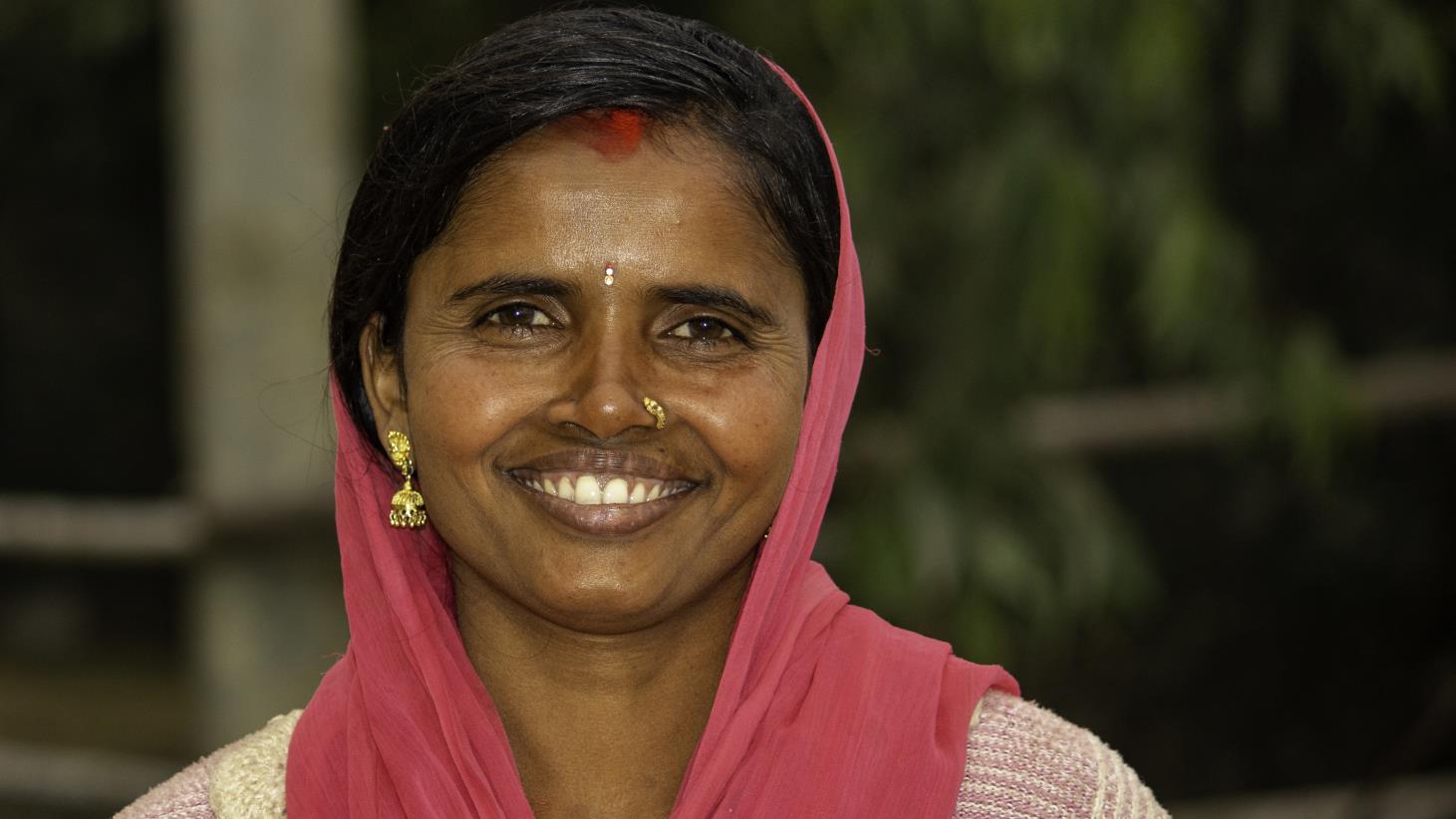What one radio show and one strong woman can do
Ramkali is challenging social norms and empowering women in rural Nepal

Inspired by her favourite radio show, Ramkali is working to challenge gender norms in her community.
©Equal Access International
A voice comes through the radio. It is Ramkali Mahato’s favourite show. She turns up the volume to hear local women talking with elected officials about empowerment issues and traditional social norms. Inspired by the show, Ramkali now strives to do the same in her daily life, speaking up against discrimination in her community and ensuring a better future for her own children.
36-year-old Ramkali had only completed the seventh grade when, at 12 years old, she was married. In her area of southeastern Nepal, child marriage is still practiced despite being illegal. At just 14 years old, she gave birth to her son, swiftly followed by another son and a daughter. As part of the Madheshi community, a socially and economically marginalised community in Nepal, many women from her area face structural barriers including discriminatory policies, legislation and social norms, like child marriage, which hinder their access to education, jobs and opportunities. They carry the disproportionate share of unpaid domestic work and are often excluded from participation and leadership in public life.
Challenging social norms
During the COVID-19 pandemic, Ramkali began listening to “Sambal”, a radio show broadcasted by the Joint Programme on Rural Women’s Economic Empowerment (JP RWEE). The programme was implemented by FAO, the International Fund for Agricultural Development, UN Women and the World Food Programme and supported by the governments of Norway and Sweden. It aims to tackle the deep-rooted causes of gender inequality and boost rural women’s economic empowerment, which includes facilitating access to opportunities, resources and services, including land, credit and technologies. JP RWEE works with national and local governments, communities and households to tackle unequal power dynamics and discriminatory social norms in order to achieve lasting change.
